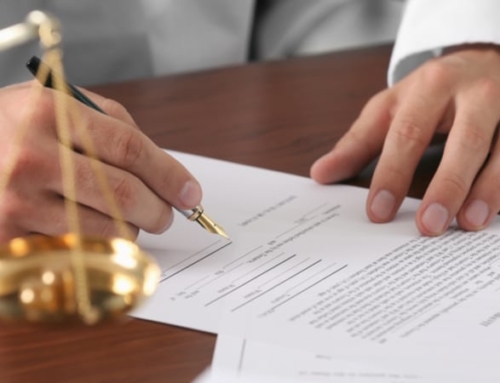Q: I have a question regarding a quit claim deed. My mother passed away recently and my father is planning on preparing his will. I have three siblings.
One of the siblings is insisting that Dad do a quit claim deed to avoid probate costs. However, another of our siblings is very difficult and the concern is owning the property with her will be tough. We are concerned about how she would handle the sale of the property and believe she will block a sale until it meets her criteria.
Is the best solution for us to put the property in a trust? We’re not sure my father is willing to go through work to get the trust set up. If not, would it be best to have my father indicate in his will that his property is to be sold upon his death and divided four ways rather than give the property to his children now through a Quit Claim Deed?
A: Transferring ownership by a quit claim deed can cause a big tax problem for your father now. The IRS would view this act as your father bestowing a gift upon his children, and it could trigger a taxable event which, depending on what the house is worth, could mean a huge gift tax would have to be paid.
On the other hand, if you inherit one-fourth of the property after your father dies, it is likely that no tax would be owed by the estate.
You’re correct in thinking that a trust will probably be the easiest solution to the problem. It doesn’t have to be anything fancy, but the deed to the property must be transferred into the name of the trust for it to be valid. The trust could specify that upon his death the property should be sold and the proceeds divided equally between the children. It could also designate that upon his death one or more of his children should succeed him as trustee. Having these issues resolved now will eliminate or reduce some of the emotional issues and problems that develop later on.
Since you know your father is actively preparing his will, take him out for a cup of coffee and talk to him about your concerns and what you think he should do to make it easy for all of you at what you’re sure will be a difficult time.
Handling money properly is difficult enough for most of us. Toss in a huge emotional loss, like the death of a loved one, and everything could come to a standstill.
A final thought: Make sure you know who your father’s estate attorney is and who the executor of the estate will be. You should also ask your father to let you know where his important documents are, and make sure he has prepared a living will and durable powers of attorney for financial matters and health care.






Leave A Comment